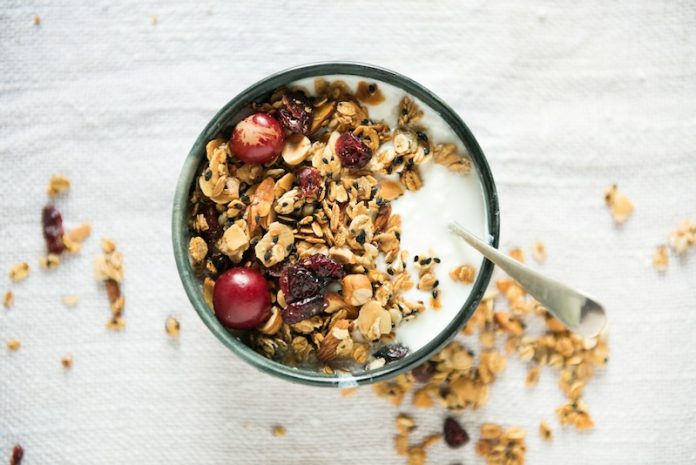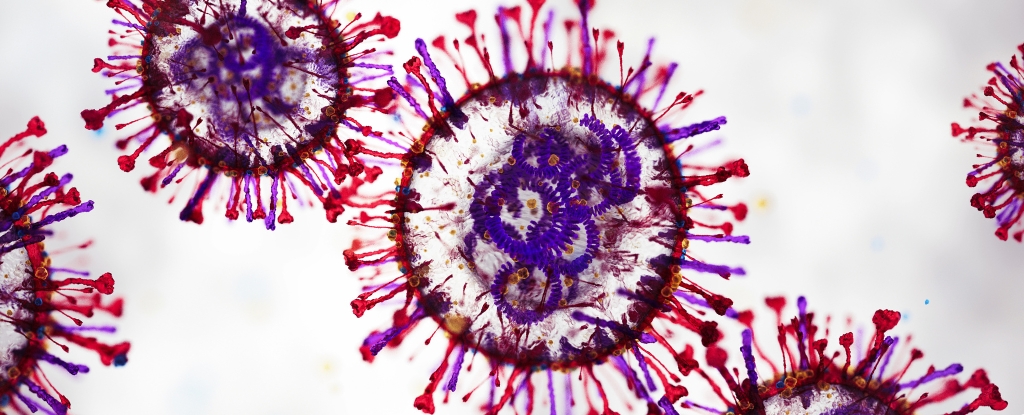
Your digestive system does more than just process food—it’s home to trillions of tiny organisms, mostly bacteria, that play a huge role in your health.
These bacteria, often called gut microbiota, help break down food, produce vitamins, and protect your body from harmful germs.
But sometimes, the balance in your gut can be disrupted, leading to problems like bloating, diarrhea, or even long-term digestive conditions. That’s where probiotics come in.
Probiotics are live, beneficial bacteria or yeasts found in certain foods and supplements. They are often called “good bacteria” because they help restore balance in the gut.
Foods like yogurt, kefir, sauerkraut, and miso are rich in probiotics, and they’re also available as capsules, powders, or drinks. Over the past few decades, researchers have studied probiotics extensively to understand how they help with digestive health.
One of the best-known benefits of probiotics is their ability to prevent or reduce diarrhea. This includes diarrhea caused by infections or as a side effect of antibiotics, which can wipe out not only harmful bacteria but also the good ones in your gut.
Studies have shown that probiotics like Lactobacillus and Saccharomyces boulardii can reduce the severity and duration of antibiotic-associated diarrhea. In fact, doctors often recommend probiotics alongside antibiotics for this reason.
Probiotics are also helpful for managing irritable bowel syndrome (IBS), a common digestive condition that causes symptoms like bloating, gas, and abdominal pain.
Research suggests that certain strains of probiotics, like Bifidobacterium infantis and Lactobacillus plantarum, can improve IBS symptoms by reducing inflammation and helping the gut function better.
While probiotics may not work for everyone with IBS, many people find relief with regular use.
Another area where probiotics shine is gut infections. For example, they are effective in preventing Clostridioides difficile (C. diff) infections, a serious condition often seen in hospitals. Probiotics help by crowding out harmful bacteria and restoring the gut’s natural defenses.
Beyond treating specific conditions, probiotics support overall digestive health by keeping the gut microbiota balanced. This balance is important not only for digestion but also for your immune system.
About 70% of your immune cells are in your gut, and a healthy microbiota helps these cells respond appropriately to harmful invaders without overreacting. Some studies even suggest that probiotics can help reduce allergies and inflammation throughout the body.
But it’s not just about what probiotics do—it’s also about choosing the right ones. Different strains of bacteria have different effects.
For example, Lactobacillus acidophilus is great for promoting general digestive health, while Saccharomyces boulardii is particularly useful for preventing diarrhea. Research also shows that probiotics work best when taken consistently, so making them part of your routine is key.
It’s worth noting that while probiotics are generally safe for most people, they’re not a magic cure-all. Some people with weakened immune systems or serious health conditions should consult a doctor before using them.
Also, not all probiotic products are created equal. The strains and amounts of bacteria in a product matter, so it’s important to choose high-quality options with proven benefits.
In summary, probiotics are powerful allies for your digestive health. They can help prevent diarrhea, ease IBS symptoms, fight infections, and support a balanced gut.
Whether you get them from food or supplements, adding probiotics to your routine is a simple way to promote a healthier, happier gut—and by extension, a healthier, happier you.
If you care about nutrition, please read studies about a breakfast linked to better blood vessel health, and drinking too much coffee could harm people with high blood pressure.
For more information about health, please see recent studies about unhealthy habits that may increase high blood pressure risk, and results showing plant-based protein foods may help reverse diabetes.
Copyright © 2024 Knowridge Science Report. All rights reserved.









Leave a Comment